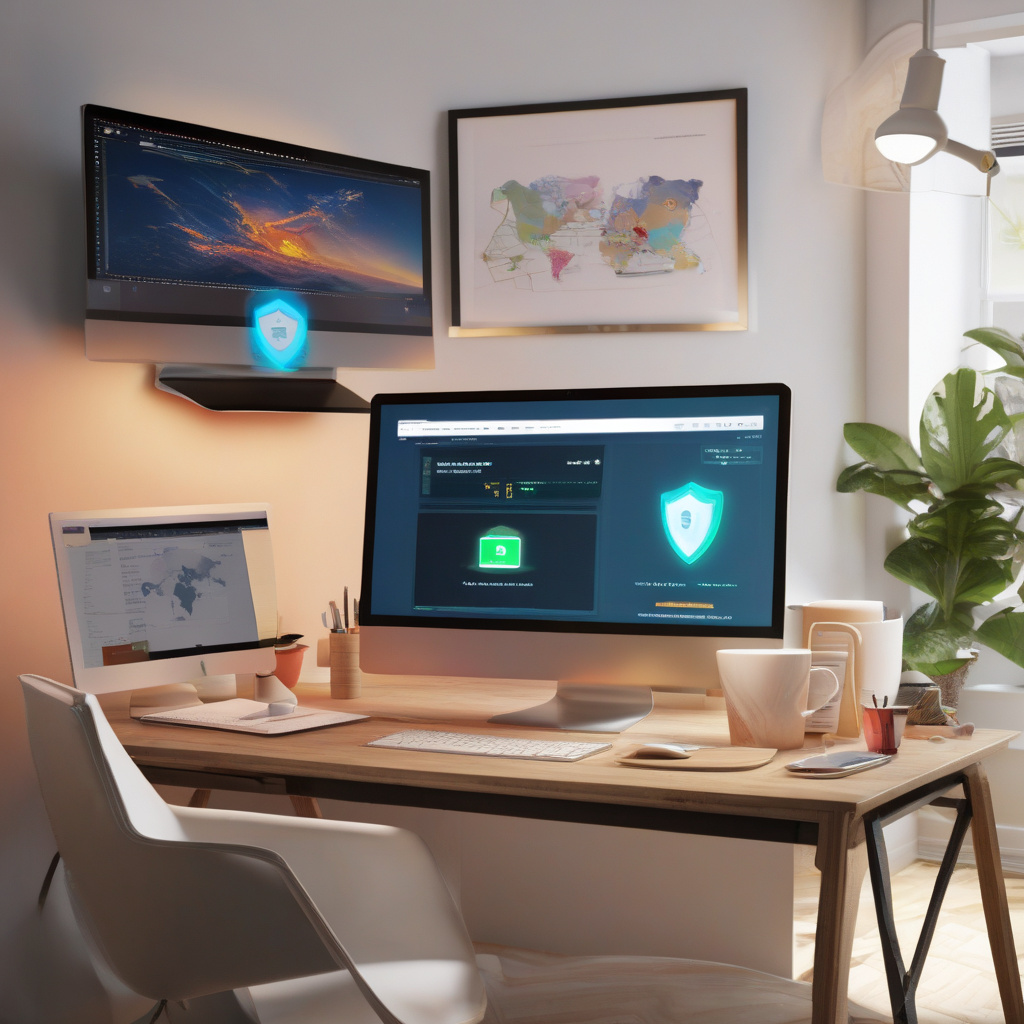In the digital era, safeguarding your online presence is paramount. One essential tool in this endeavor is a Virtual Private Network (VPN). A VPN serves as a shield, preserving your digital activity’s privacy and security by encrypting your data and routing it through secure servers. However, not all VPNs are created equal, and distinguishing a trustworthy VPN from the rest requires a keen eye for key features that signify robust security measures.
Encryption Protocols:
A secure VPN employs robust encryption protocols to scramble your data, making it incomprehensible to any prying eyes that may intercept it. Look for VPN providers that offer AES-256 encryption, which is currently the industry standard for top-tier security. This encryption standard ensures that even if your data is intercepted, it remains indecipherable to unauthorized parties.
No-Logs Policy:
A trustworthy VPN operates on a strict no-logs policy, meaning that it does not store any records of your online activity. By refraining from logging your browsing history, connection timestamps, or any other data, a VPN provider ensures that even if compelled by authorities, they have no information to disclose about your online behavior.
Kill Switch Feature:
In the event of a VPN connection drop, a kill switch is a crucial feature that immediately halts your internet connection to prevent any data leaks outside of the encrypted tunnel. This feature is vital in maintaining your anonymity and data security, especially when browsing sensitive websites or transferring confidential information.
DNS Leak Protection:
DNS (Domain Name System) leaks can inadvertently expose your browsing activity to third parties, compromising your privacy. A reliable VPN includes DNS leak protection, ensuring that your DNS requests remain encrypted within the VPN tunnel and do not leak outside, thereby shielding your online activities from prying eyes.
Multi-Factor Authentication (MFA):
Enhancing security further, a trustworthy VPN may offer Multi-Factor Authentication (MFA) as an additional layer of defense. MFA requires more than just a password for access, typically combining something you know (password) with something you have (like a mobile device) to verify your identity, significantly reducing the risk of unauthorized access.
Server Locations and Network Security:
The geographical distribution of VPN servers is crucial for maintaining optimal security and performance. Look for VPN providers with a wide network of servers across various locations, as this not only enhances connection speeds but also disperses the load, reducing the risk of server congestion and potential security vulnerabilities.
Independent Security Audits:
Reputable VPN providers often undergo independent security audits conducted by third-party firms to validate their security claims. These audits assess the VPN’s encryption standards, logging policies, and overall security measures, providing users with an additional layer of assurance regarding the VPN’s trustworthiness and reliability.
User-Friendly Interface:
While security is paramount, a user-friendly interface is also essential for a seamless VPN experience. Look for VPN services that offer intuitive applications across various devices, making it easy for users to connect, switch servers, and customize their settings without compromising on security features.
By scrutinizing these key features in a VPN provider, you can ensure that your online activities remain secure, private, and shielded from potential threats. Remember, investing in a reputable VPN is an investment in your digital security and peace of mind. So, next time you’re in the market for a VPN, keep these features in mind to make an informed decision that aligns with your security needs and preferences.

